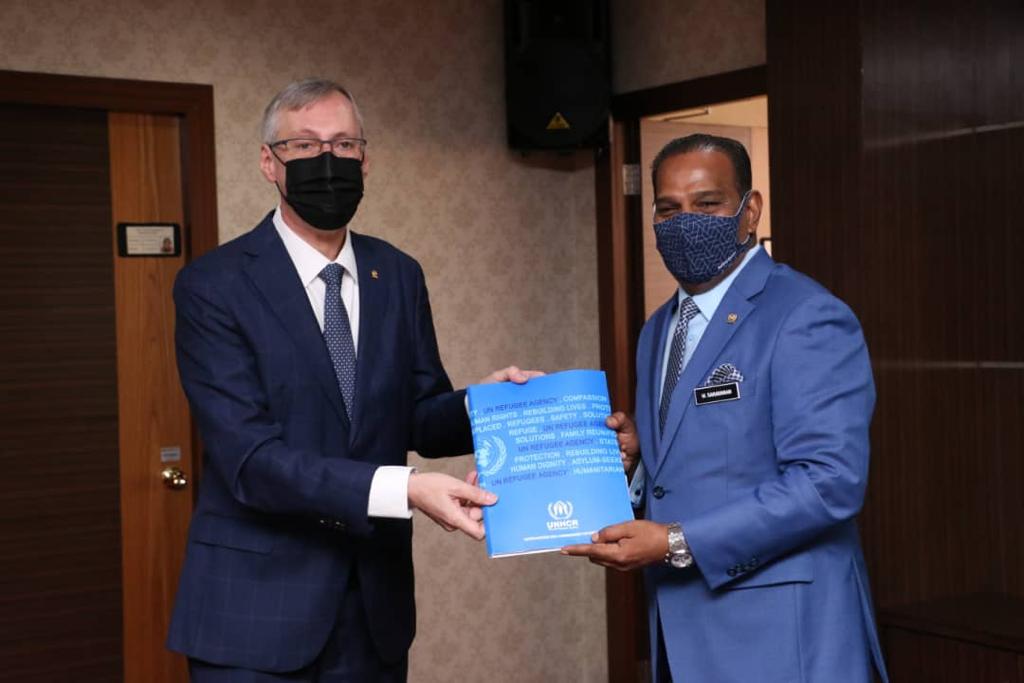SEPT 28- Leading climate scientists said on Friday they were more certain than ever before that mankind was the main culprit for global warming and warned the impact of greenhouse gas emissions would linger for centuries.
A report, by the Intergovernmental Panel on Climate Change (IPCC), played down the fact temperatures have risen more slowly in the past 15 years, saying there were substantial natural variations that masked a long-term warming trend.


“It is extremely likely that human influence has been the dominant cause of observed warming since the mid-20th century,” according to the summary issued after a weeklong meeting in Stockholm and meant to guide policymakers in shifting towards greener energies from fossil fuels.
“Extremely likely” means a probability of at least 95 percent, up from 90 percent in the panel’s last report in 2007 and 66 percent in 2001.
The report, compiled from the work of hundreds of scientists, will face extra scrutiny this year after its 2007 report included an error that exaggerated the rate of melting of Himalayan glaciers. An outside review later found that the mistake did not affect its main conclusions.
Sceptics who challenge evidence for man-made climate change and question the need for urgent action have become emboldened by the fact that temperatures have risen more slowly recently despite rising greenhouse gas emissions.


“As a result of our past, present and expected future emissions of carbon dioxide, we are committed to climate change and effects will persist for many centuries even if emissions of carbon dioxide stop,” co-chair Thomas Stocker said.
The UN’s top climate official, Christiana Figueres, said the report underscored a need for urgent action to combat global warming. Governments have promised to agree a UN deal by the end of 2015 to restrict emissions.
“To steer humanity out of the high-danger zone, governments must step up immediate climate action and craft an agreement in 2015 that helps to scale up and speed up the global response,” she said.
The report said that temperatures were likely to rise by between 0.3 and 4.8 degrees Celsius (0.5 to 8.6 Fahrenheit) by the late 21st century. The low end of the range would only be achieved if governments sharply cut greenhouse gas emissions.
* And it said world sea levels could rise by between 26 and 82 cm (10 to 32 inches) by the late 21st century, driven up by melting ice and an expansion of water as it warms, in a threat to coastal cities from Shanghai to San Francisco.
INDIA TODAY










